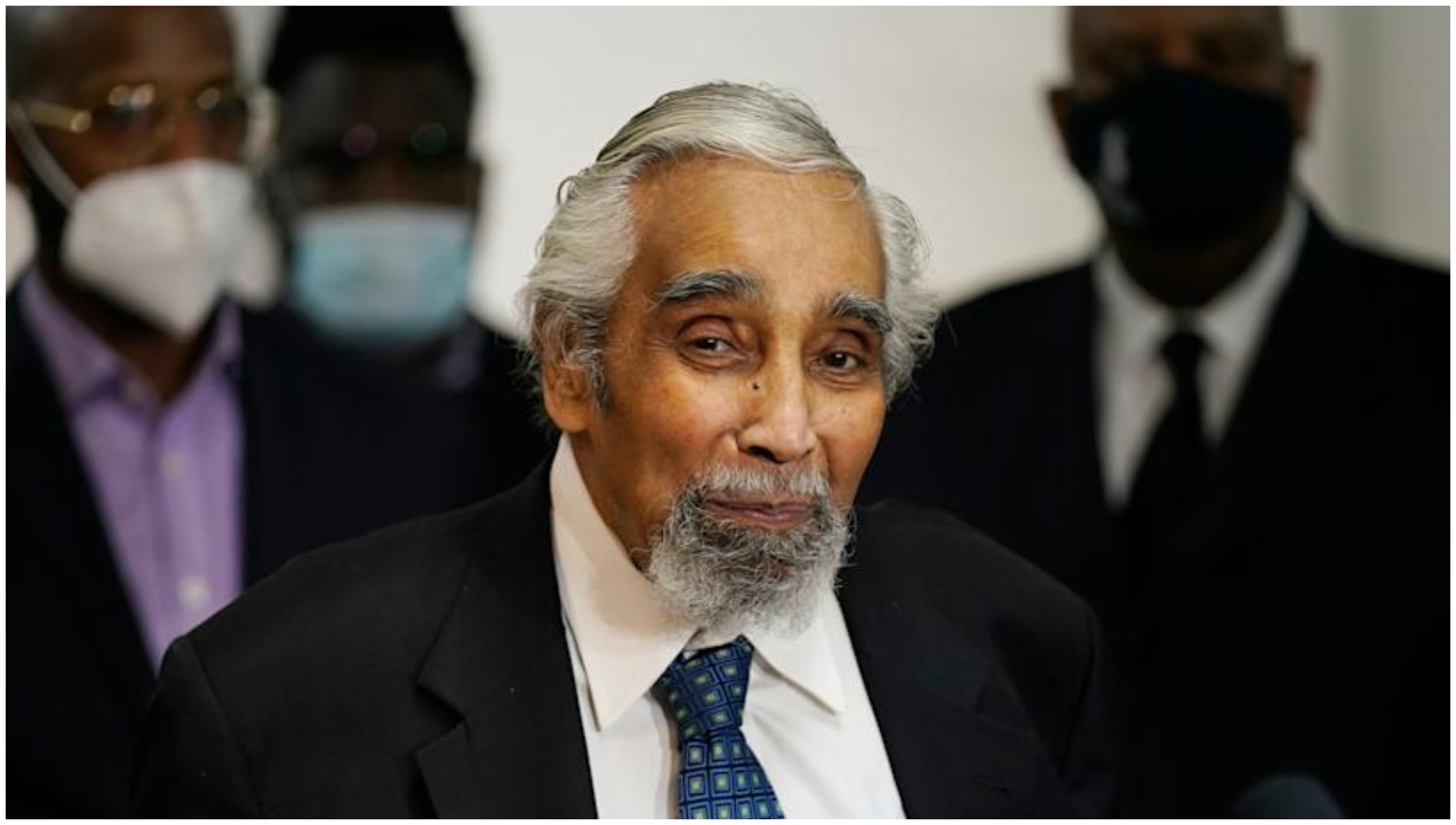Charlie Rangel, one of Harlem’s most respected leaders and longest-serving members of Congress, has died at 94. The veteran lawmaker spent nearly five decades representing New York’s 13th Congressional District and made history as the first Black chair of the powerful House Ways and Means Committee.
Harlem’s Beloved Congressman Leaves a Lasting Legacy
Known for his deep ties to Harlem and sharp political skills, Rangel built a career marked by loyalty to his community. He entered Congress in 1971 after defeating Adam Clayton Powell Jr., another Harlem legend. Over the years, Rangel grew into a national political figure without ever forgetting where he came from.
He co-founded the Congressional Black Caucus during his first term in Washington. That group gave Black lawmakers a stronger voice in national politics, especially during the civil rights era’s aftermath. Rangel’s leadership made him a beloved figure both in Harlem and in Congress.
First Black Chair of the House Ways and Means Committee
In 2007, Rangel achieved a milestone few expected decades earlier. He became the first Black lawmaker to chair the House Ways and Means Committee. This committee holds enormous power because it writes tax laws and oversees economic and social programs like Social Security and Medicare.
As chairman, Rangel played a major role in supporting President Barack Obama’s policies, including health care reforms. His position allowed him to shape laws affecting millions of Americans. It was a powerful reminder of how far a young man from Harlem could rise.
A Soldier, Statesman, and Civil Rights Voice
Before politics, Rangel served in the Korean War, where he earned a Purple Heart and a Bronze Star for bravery. After returning home, he studied law and entered politics as a New York state assemblyman.
Rangel also stood as one of the last members of Harlem’s famous “Gang of Four.” This group included Basil Paterson, David Dinkins, and Percy Sutton, men who transformed Harlem’s political scene in the 20th century. Together, they pushed for Black leadership in city and state government.
Tributes Pour In From Leaders and Friends
New York leaders and civil rights figures quickly honored Rangel’s memory. Mayor Eric Adams called him “a dear friend and exemplary model of devotion and courage.” Adams added, “I hope you and Alma are together once again,” referencing Rangel’s late wife.
Reverend Al Sharpton, who met Rangel as a teen, remembered him as a steady presence in the fight for justice. “He earned his place in history, I thank him,” Sharpton wrote.
Challenges, Controversy, and an Unmatched Career
Though admired, Rangel’s career wasn’t without setbacks. In 2010, he faced an ethics scandal involving tax issues and improper gifts. A House panel found him guilty on 11 charges, leading to a censure and his resignation as Ways and Means chair.
Despite this, Rangel’s achievements remained significant. By the time he retired in 2017, he had served 23 terms and ranked as the 10th-longest-serving U.S. House member ever.
Remembering a Harlem Giant’s Wisdom
Even after leaving Congress, Rangel stayed active in community events and public discussions. In a 2016 interview, he reflected on America’s racial progress and the road ahead. “We’ve got a big job to do to turn this country around,” he said.
His voice reminded many that the fight for justice continues. Rangel’s story — from Harlem’s streets to Congress’s highest ranks — remains a symbol of resilience, courage, and love for community.






Leave a Reply